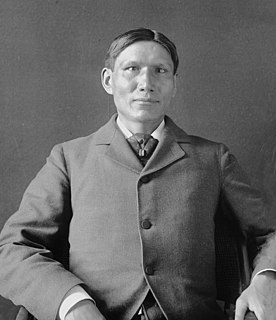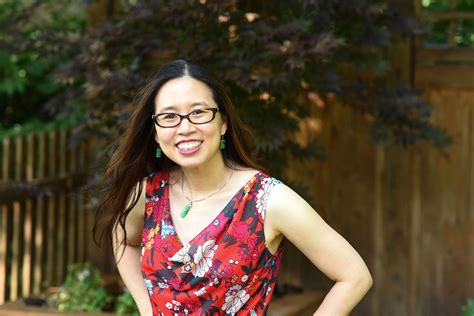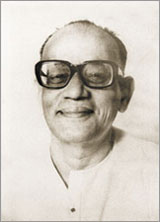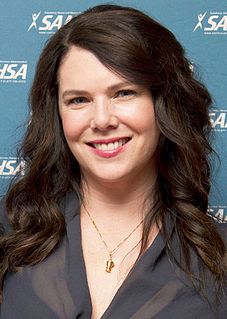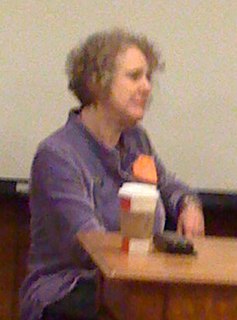A Quote by Charles Eastman
At the age of about eight years, if he is a boy, she turns him over to his father for more Spartan training.
Related Quotes
When the father dies, he writes, the son becomes his own father and his own son. He looks at is son and sees himself in the face of the boy. He imagines what the boy sees when he looks at him and finds himself becoming his own father. Inexplicably, he is moved by this. It is not just the sight of the boy that moves him, not even the thought of standing inside his father, but what he sees in the boy of his own vanished past. It is a nostalgia for his own life that he feels, perhaps, a memory of his own boyhood as a son to his father.
Yet losing him seemed unbearable. He was the one she loved, the one she would always love, and as he leaned in to kiss her, she gave herself over to him. While he held her close, she ran her hands over his shoulders and back, feeling the strength in his arms. She knew he’d wanted more in their relationship than she’d been willing to offer, but here and now, she suddenly knew she had no other choice. There was only this moment, and it was theirs.
His mother got her purse. His father reached for the door. "Scooter," he said, by way of good-bye, "have fun with your friends." But Hale was shaking his head. He put his arm around Kat's shoulders. "She's not my friend, Dad. She's my girlfriend." Hale's parents must have walked away, but Kat wasn't looking. She was too busy staring up at Hale, trying to see into his eyes and know if he was okay. The sadness that had lingered for weeks was fading, and the boy that held her was the boy she knew. A boy who kissed her lightly.
She couldn't think of anyone else who remotely resembled him. He was complicated, almost contradictory in so many ways, yet simple, a strangely erotic combination. On the surface he was a country boy, home from war, and he probably saw himself in those terms. Yet there was so much more to him. Perhaps it was the poetry that made him different, or perhaps it was the values his father had instilled in him, growing up. Either way, he seemed to savor life more fully than others appeared to, and that was what had first attracted her to him.
Sherman made the terrible discovery that men make about their fathers sooner or later... that the man before him was not an aging father but a boy, a boy much like himself, a boy who grew up and had a child of his own and, as best he could, out of a sense of duty and, perhaps love, adopted a role called Being a Father so that his child would have something mythical and infinitely important: a Protector, who would keep a lid on all the chaotic and catastrophic possibilities of life. ~Tom Wolfe
Over and over in the play my character says, "I'm thirty-two years old," as if that should explain everything that's wrong in her life. I don't know what it's like to be thirty-two, but I can imagine. I imagine she means she's stuck in an in-between time, she's at an age that isn't a milestone but more of a no-man's-land, an age where she's feeling like her hopes are fading.
Gabriel pulled her over his body to lie on the bed beside him. His kisses pressed her down into the oblivion of the mattress as her hands explored his chest, his shoulders, his face. "I want to lay my kill at your feet," he said, more growl than words, and held her tight by her hair as he marked her neck with his teeth. She writhed against him. She wanted to bite him, she wanted to rip the flesh from his back, but most terrible of all, she didn't want him to stop. Her back arched, her body shattered, she howled.
